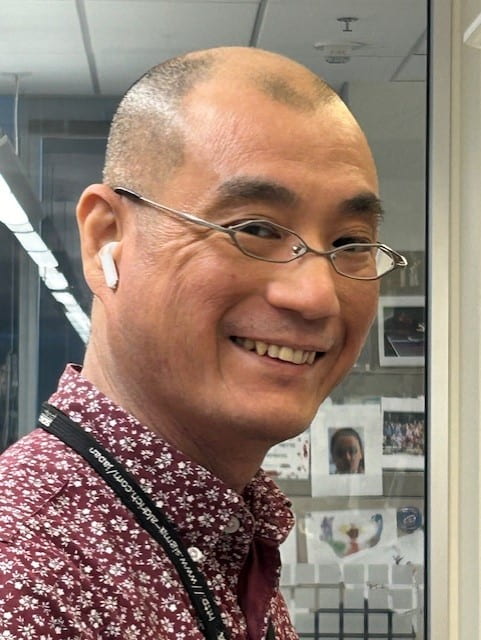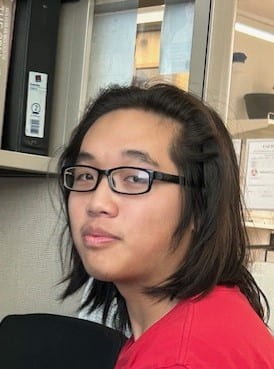Principal investigator

Dr. Brian Van Tine
Brian Andrew Van Tine, M.D., Ph.D. is an Associate Professor of Medicine in the Department of Medicine at Washington University in St Louis, Missouri, where he is the Sarcoma Program Director at the Alvin J. Siteman Cancer Center. Dr. Van Tine received his Bachelors of Science degree from the Departments of Chemistry and Biochemistry at The University of Arizona in 1995. Dr. Van Tine completed his M.D. and Ph.D. degrees at the University of Alabama at Birmingham in 2005. His thesis research mainly focused on the role of Human Papilloma Virus (HPV) in the development of cervical cancer with Profs. Louis T. Chow and Thomas R. Broker. After completing his M.D., Ph.D., Dr. Van Tine came to Washington University in St. Louis/Barnes Jewish Hospital where he did his Internal Medicine Residency and Medical Oncology Fellowship. He joined the laboratories of James J.D. Hsieh, M.D., Ph.D. and then Matthew Ellis, M.B., B.Chir., Ph.D., where he pursued his postdoctoral fellowship studying mouse genetics and genomics and tumor xenografting while clinically specializing in the treatment of sarcoma. His laboratory is dedicated to understanding the metabolism of sarcoma, and has recently developed a duel metabolic therapy for the treatment of complex cytogenetic sarcomas based on the exploitation of argininosuccinate synthetase 1 deficiency and glutaminase inhibition.
bvantine@wustl.edu
Siteman Cancer Center Physician Profile
Washington University Faculty Profile
Laboratory Manager
Heather Benedict-Hamilton, MSc

M.S. – University of Southern Maine
I provide writing and technical support. My research interests are in the area of tumor immune microenvironment and immune contributions to metastasis.
heatherb@wustl.edu
Instructor of Medical Oncology
Toshinao Oyama, PhD
PhD – Chiba Graduate School of Science and Technology

oyamat@wust.edu
Dr. Oyama is interested in the molecular mechanisms of cancer. In recent years, he has been interested in the regulatory mechanisms of cancer, with the goal of establishing new and better treatment options through elucidating the signaling pathways involved. After five years in renal cancer research, he has shifted his focus to sarcoma research in collaboration with Dr. Van Tine.
Post-doctoral fellows
Alliny Bastos, PhD

PhD – Brazilian National Center for Research in Energy and Materials
I am a postdoctoral research associate in the Van Tine Lab since April 2021. I conducted my PhD research at the prestigious Brazilian National Center for Research in Energy and Materials (CNPEM/LNBio) where I studied protein-protein interactions of enzymes important for tumor metabolism adaption. Currently I am working on three main projects involving arginine metabolism: 1) Dual inhibition of arginine and glutamine metabolism; 2) Improvement of ADI (arginine deiminase) therapy by the fusion with TRAIL (TNF-related apoptosis-inducing ligand)- ADI-TRAIL; 3) Synergic combination of ADI-PEG20 (PEGylated arginine deiminase) and Complex I inhibitors.
abastos@wustl.edu
Ana Mafra, PhD

PhD – Brazilian Biosciences National Laboratory
I am a postdoc research associate at the Van Tine Lab since January 2023. I developed my PhD in genetics and molecular biology at the Brazilian Biosciences National Laboratory (LNBio/CNPEM) from 2015 to 2021, where I studied immune-tumor cell interactions in the microenvironment of high glutaminase 2 breast cancer. At the moment, I am working on a project to understand the effects of the synergy of ADI-PEG 20 and cloroquine treatment on ASS1 negative sarcomas in the tumor microenvironment.
mafra@wustl.edu
Undergraduate Students
Ethan Chen

Third Year Biochemistry major with aspirations to go to Medical School.